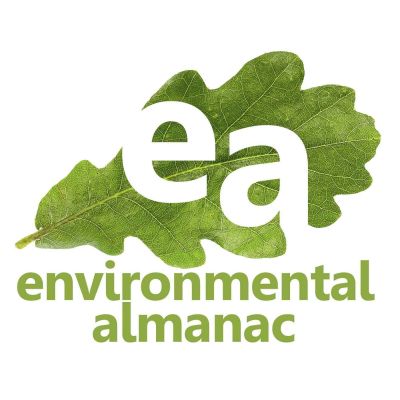Weekly commentaries on the environment and appreciating the natural world, by Rob Kanter from the School of Earth, Society, and Environment at the University of Illinois.
https://will.illinois.edu/environmentalalmanac/rss
Campus action on climate change
If you’ve been keeping up with recent news from the U of I, you already know that one of the most interesting developments on campus is the solar array now being installed on the South Farms. On the chance you’ve been distracted by other news, here’s the short version. The project is being implemented by a company called Phoenix Solar and made possible, in part, by a significant financial contribution from the Student Sustainability Committee. When complete, the solar farm will cover 21 acres and produce approximately two percent of the electricity we currently use in a year. The solar farm might be of limited interest were it a stand-alone project. But it’s not. It’s one project among many that, together, are intended to make the campus carbon-neutral by the year 2050. That’s a goal we formally adopted when we signed on to the American College and University Presidents’ Climate Commitment in 2008. To date, our progress toward carbon-neutrality has been guided by the Illinois Climate Action Plan (iCAP), which was adopted in 2010. An updated version of that plan was created over the past year thanks to hard work and expertise from staff, students and faculty from across campus under the leadership of professor Ben McCall, in his role as Associate Director for Campus Sustainability at the Institute for Sustainability, Energy, and Environment, and Morgan Johnston, who is Director of Sustainability with U of I Facilities and Services. I checked in recently with Johnston to get a sense of where the solar farm fits into the larger picture, and what’s new in the climate action plan. She emphasized that our greatest strides toward carbon neutrality have been made possible by reducing our demand for energy through conservation. Tune-ups that ensure heating, cooling and ventilation systems are operating efficiently provide a good example. Teams from the Campus Retrocommissioning Group at Facilities and Services, which perform these tune-ups, have reduced energy use by an average of 27 percent in the more than 60 buildings where they have worked since 2007. How should we characterize our progress? One way Ben McCall suggested approaching this question was to look at how much we’ve reduced our net carbon emissions; he estimated that to be 15 percent between fiscal years 2008 and 2014. Johnston added there are other ways of characterizing progress, as well. She cited strong support among current leaders for efforts to make campus more sustainable, and she noted some of the key roles students play in these efforts, from their volunteer work at events that promote cycling to their service on decision-making committees. Perhaps what’s most important of all, she said, is that students are participating in classes where learning and doing take place at the same time, like the senior design lab that developed the plan for a rooftop solar installation at the Abbott power plant. That’s because in the grand scheme of things a university—even a big one like the UI—won’t change the world all that much by achieving carbon neutrality, since as a sector higher education emits only a small share of the world’s carbon pollution. It can achieve much more by sending into the world young leaders who understand the challenges of the twenty-first century and who have begun to develop the tools we need to cope with them. If you’re interested to know more about confronting climate change, check out an upcoming public seminar on the topic sponsored by the First Presbyterian Church of Urbana The series will take place on six successive Sundays beginning October 4. Details available on the web through First Presbyterian Church of Urbana at http://www.firstpresurbana.org/about-us/earth-care-congregation/
